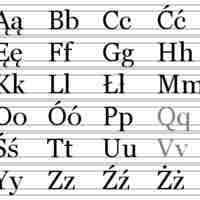Section 2
The Symbolic Nature of Culture
By Boundless

The symbolic systems that people use to capture and communicate their experiences form the basis of shared cultures.

The origin of language is a widely discussed and controversial topic due to very limited empirical evidence.

Language may refer either to the human capacity for acquiring and using complex systems of communication, or to a specific instance of such.

Various theories assume that language is not simply a representational tool; rather it fundamentally shapes our perception.

Language is a symbolic system of communication based on a complex system of rules relating spoken, signed, or written symbols.

A gesture is a form of non-verbal communication in which visible bodily actions communicate particular messages.
Cultures have values that are largely shared by their members, which identify what should be judged as good or evil.

Social norms are the explicit or implicit rules specifying what behaviors are acceptable within a society or group.

As opposed to forms of internal control, like norms and values, sociologists consider sanctions a form of external control.

Folkways and mores are informal norms that dictate behavior; however, the violation of mores carries heavier consequences.